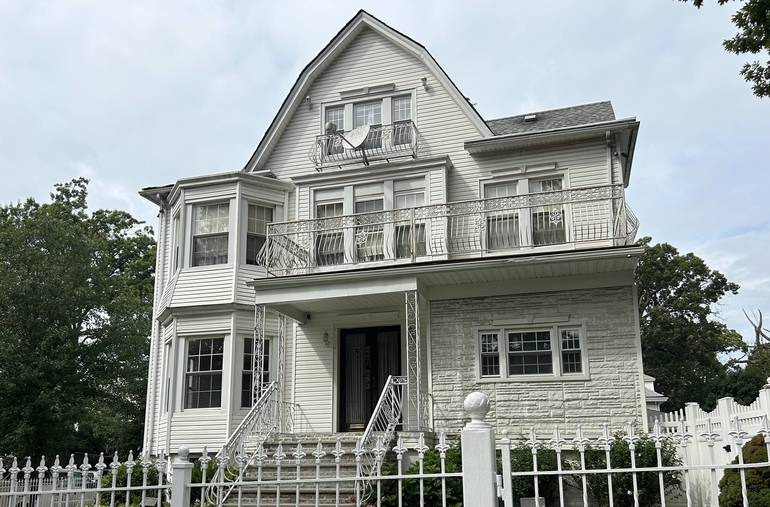NEWARK, NJ — The average assessed value, that amount on which property owners are taxed, of Newark’s 30,587 residential properties is $189,640 — a number that will change as the city implements its first property tax revaluation in a decade.
The City Council on Wednesday, Aug. 2, approved bonding $4 million to pay for a property tax revaluation of all properties, residential, commercial, and otherwise. The tax assessment firm has not yet been selected.
“The revaluation is typically done every 10 years,” Business Administrator Eric Pennington told the council. “We have not had that done for 13 years, so we are a little bit behind. It is not a mechanism to increase the taxes. It’s a mechanism to have the taxes more evenly applied across the city.”
The process will likely start in 2025 and end in 2027, he said.
What does it mean for the taxpayer?
John R. Lloyd, a property tax attorney, told TAPinto Newark that a revaluation doesn’t necessarily translate to increased property taxes. Why?
“The general concept there is you increase the tax base, you’re going to decrease the tax rate – assuming it’s roughly the same amount of money being raised by the budget,” said Lloyd, who is with the firm CSG Law.
There’s “no hard and fast rule” on how often a municipality should conduct a revaluation, he said, but the typical range is five to seven years, a shorter window than what the city business administrator communicated.
“If the market’s been very aggressively up or the market’s been aggressively down that window could be shorter,” Lloyd said.
Revaluations, he said, should not be conducted during an unstable time.
“You want to let the real estate market quiet down and settle a little bit so when you do a reval’ you’re getting a good work product,” Lloyd said. “It would not have been a good time to do a reval’ during COVID. Right now, things are a little bit more stable.”
When the process starts, residents can expect inspections of the properties.
“Every single property is analyzed, is inspected and is valued under the concept of trying to bring that value of the property to 100% or as close to 100% of actual market value as possible,” he said.
Those inspections include physically looking at both the interior and exterior of properties and noting building dimensions, according to the state Division of Taxation. Recent property sales are studied and may be factored into the analysis, the state says.
Source : TapIntoNewark

